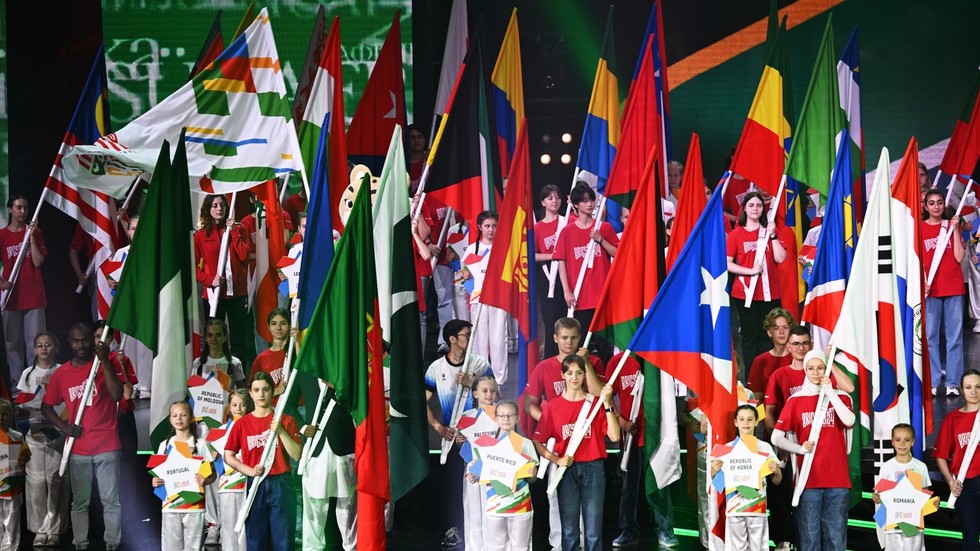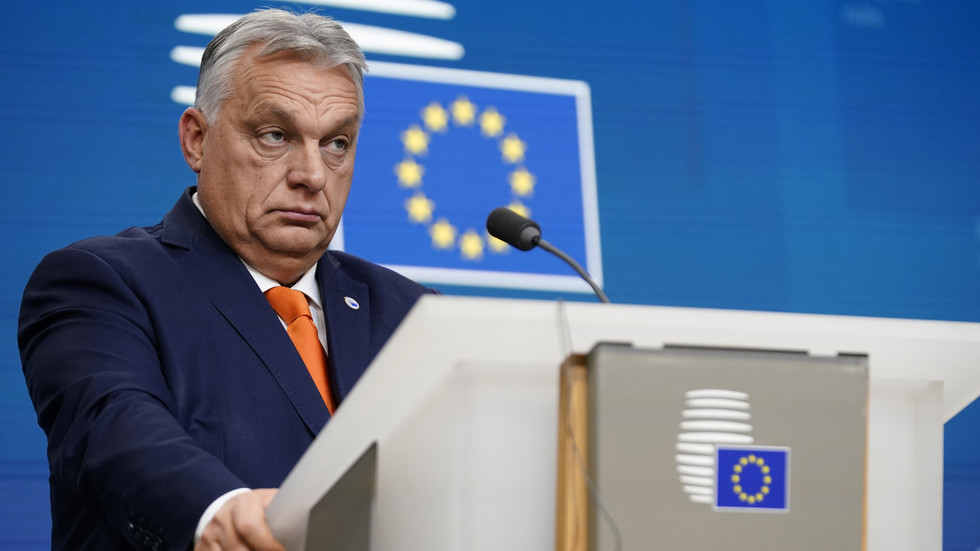GENEVA: The United Nations
human rights
office on Friday expressed serious concern over families circumventing national bans on
female genital mutilation
(FGM) by crossing borders to have the procedure performed in countries where it remains legal or where laws prohibiting it are not enforced.
In a newly released report, the
UN
rights office highlighted this troubling trend, noting that it significantly undermines
global efforts
to eliminate the practice.
"Female genital mutilation is part of a continuum of gender-based violence and has no place in a human rights-respecting universe," UN High Commissioner for Human Rights Volker Turk said as reported by Reuters. "It must be eliminated in all of its forms, and the gender stereotypes and patriarchal norms that anchor and perpetuate it uprooted."
The clandestine nature of
cross-border
FGM means that the exact number of affected girls remains unknown. However, the report underscores the pervasive nature of the issue, despite international efforts to eradicate it. According to UNICEF, over 230 million girls and women globally have been subjected to genital mutilation, with more than 144 million in Africa and over 80 million in Asia.
The UN estimates that 4.3 million girls are currently at risk of undergoing the practice, which offers no health benefits and can lead to severe health complications such as chronic infections. In Gambia, where government data reveals that 73% of women aged 15 to 49 have experienced FGM, there is an alarming potential for the ban to be lifted, exacerbating the issue.
Liz Throssell, spokesperson for the UN High Commissioner for Human Rights, reiterated the UN's stance: "There's no justification for gender-based violence against women and girls anywhere, neither on the grounds of culture nor on the grounds of tradition."
FGM is currently banned in more than 70 countries, with at least 35 of these in sub-Saharan Africa, according to the World Bank. The UN calls for stronger enforcement of existing laws and international cooperation to ensure the protection of girls and women from this harmful practice.
(With inputs from agencies)

 6 months ago
23
6 months ago
23









